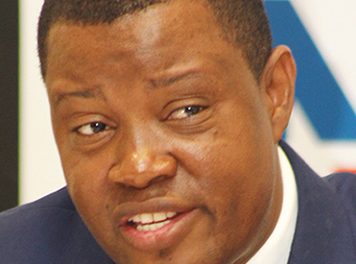
Government short-term response to COVID-19 was rapid and realistic says IPPR

While there was some inconsistency in approach to labour regulations, overall the government’s overall response to Covid-19 was rapid, sizeable and realistic, the Institute of Public Policy Research (IPPR) said in a briefing paper this week.
The firm said despite going into the crisis after four years of poor economic performance and steadily higher levels of public debt, policymakers reacted quickly and imaginatively to the crisis.
While it is far too early to assess the longer-term consequences on households and businesses, IPPR noted that the short-term response probably staved off the very worst potential impact.
“Government’s package of measures helped address the short-term challenges but more will be needed if the economy is to fully recover and thrive. The harsh reforms that needed to be implemented before the pandemic struck have not suddenly been rendered obsolete,” IPPR said.
The need for emergency measures has highlighted the usefulness of accurate and up-to-date statistics on the economy. Little data is available on Namibia’s business sector and IPPR noted that better data would benefit policymakers greatly, not only in times of crisis but on a wide variety of issues from taxation to empowerment.
As in other countries the pandemic has had a very different impact on different people. The most eye-catching of the measures introduced was the Emergency Income Grant. For the first time people who were unemployed or informally employed have received direct financial assistance from the State.
“Namibia has a very poor track record on employment creation and it seems inherently unfair that the benefits of formal employment accrue only to public sector workers and a small number of individuals in the private sector. There was for many years a relatively lively debate on the idea of introducing a Basic Income Grant. The EIG may have set a precedent and in future people outside the current privileged circle of formal employment may demand more of the State,” IPPR added.
The firm further noted that the crisis has shown that government can respond swiftly and decisively when it decides to do so – in stark contrast to the usual dithering that generally characterises policymaking.
“It is to be hoped that government assesses the success of the measures it has implemented, ensures lessons are learnt for next time and moves on to design a programme of measures that will help nurture the economy to full health in the longer term. This represents a far greater challenge than getting through a harsh but limited lockdown,” IPPR noted.











































